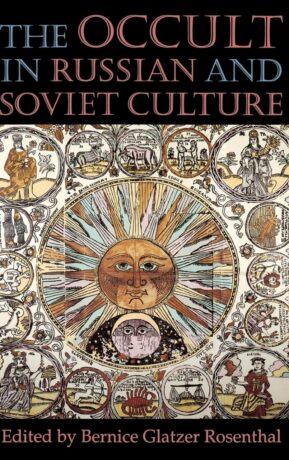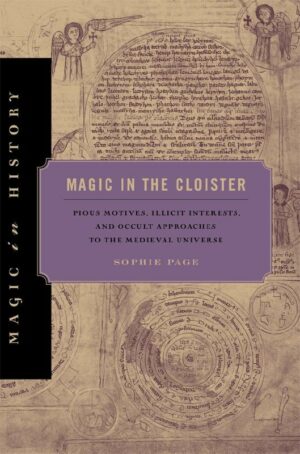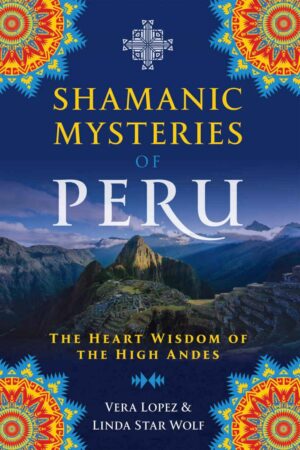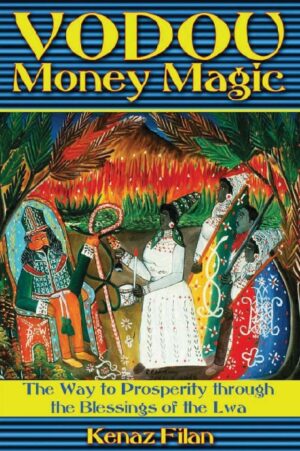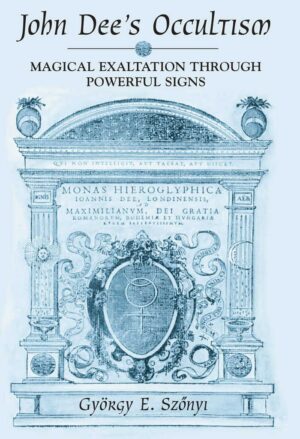28.11.2020
28.11.2020
“Magic in the Cloister: Pious Motives, Illicit Interests, and Occult Approaches to the Medieval Universe” by Sophie Page
28.11.2020
“Shamanic Mysteries of Peru: The Heart Wisdom of the High Andes” by Vera Lopez
28.11.2020
“Vodou Money Magic: The Way to Prosperity through the Blessings of the Lwa” by Kenaz Filan
28.11.2020
